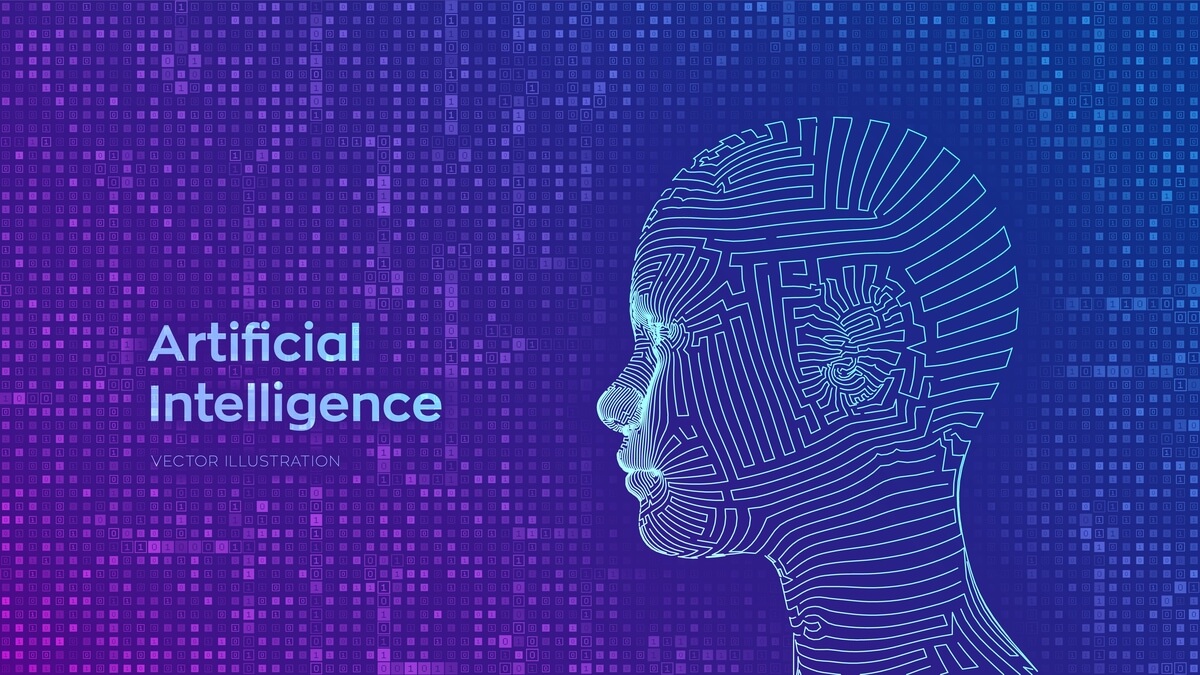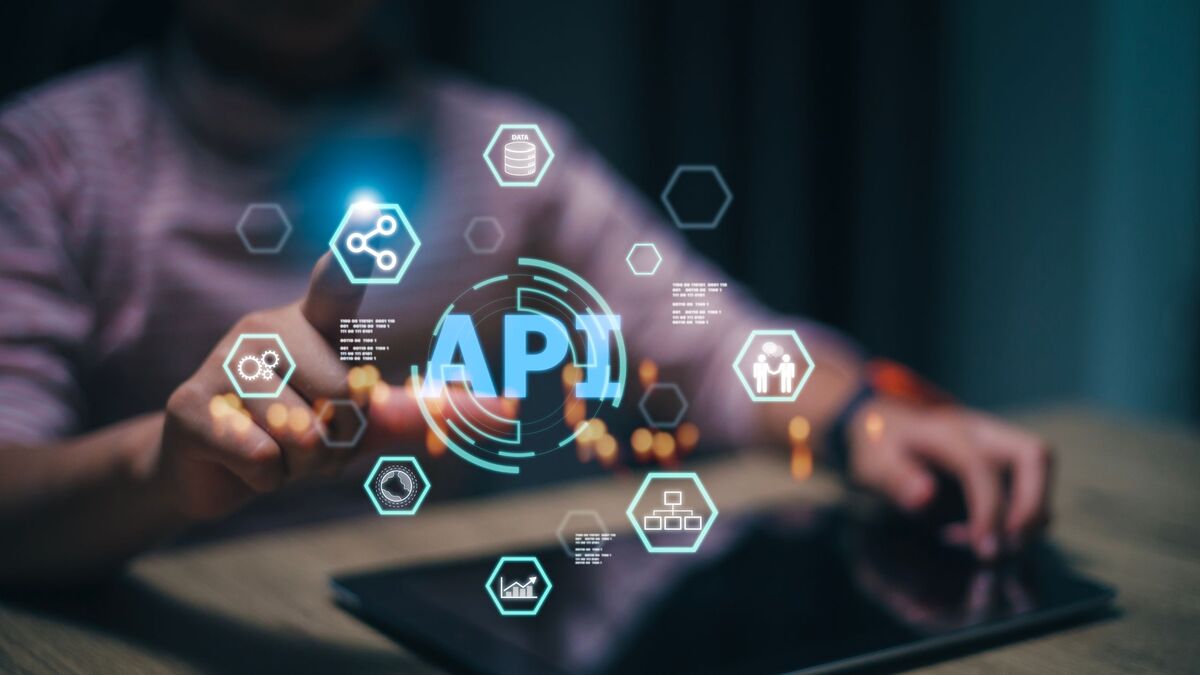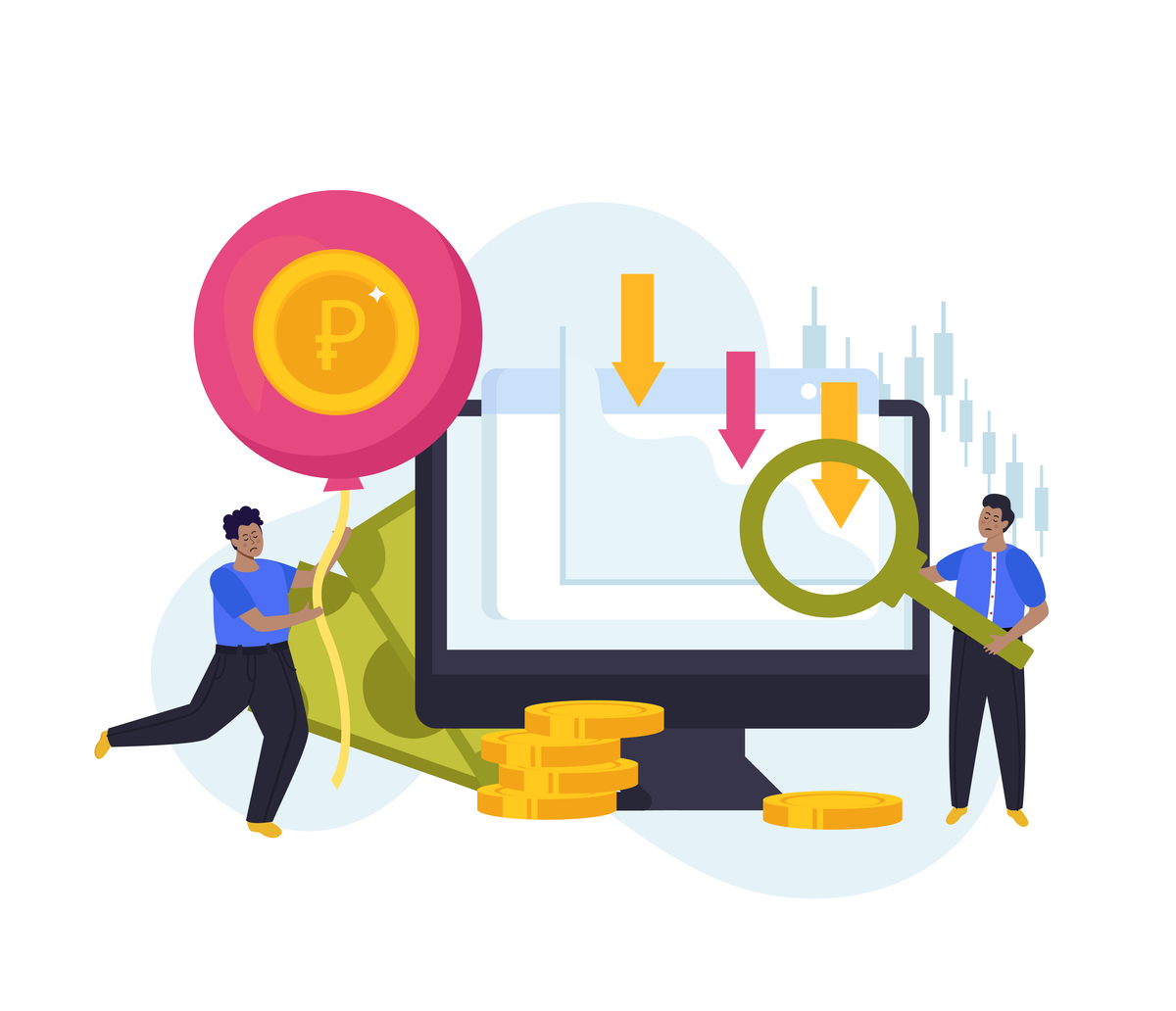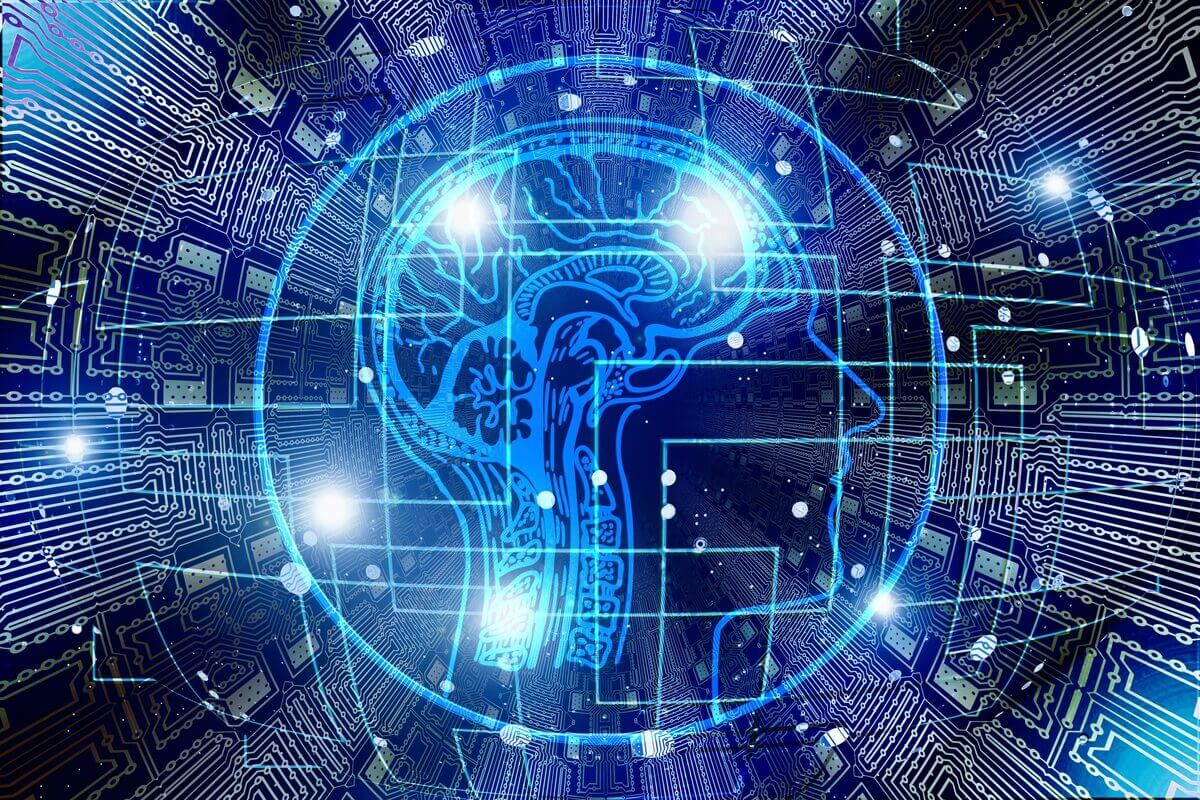Artificial Intelligence (AI) stands as one of the most transformative technologies of our time, revolutionizing industries and reshaping the way we live, work, and interact. As AI continues to advance, it brings with it a host of advantages and disadvantages, each with profound implications for society.
In this article, we delve into the multifaceted nature of AI, exploring both its promises and pitfalls.
Advantages of Artificial Intelligence:
1. Efficiency and Automation:
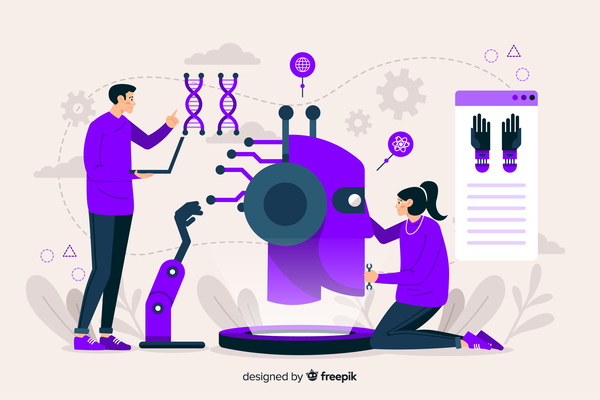
One of the most significant advantages of AI lies in its ability to automate tasks and streamline processes across various domains. From manufacturing and logistics to healthcare and finance, AI-powered systems can perform repetitive tasks with unparalleled speed and accuracy, freeing up human resources for more complex and creative endeavors. This increased efficiency not only enhances productivity but also drives cost savings for businesses and organizations.
2. Decision Making and Prediction:
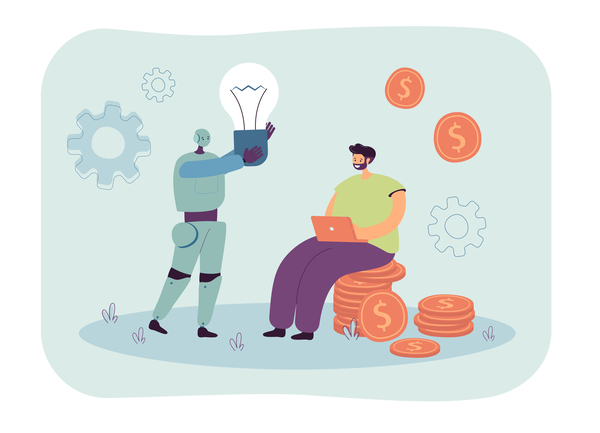
AI algorithms excel at analyzing vast amounts of data to derive insights and make informed decisions. In fields such as finance and marketing, AI-driven predictive analytics enable businesses to anticipate market trends, customer preferences, and potential risks, empowering them to make strategic decisions with greater confidence. Moreover, AI systems can assist professionals in healthcare and diagnostics by providing accurate diagnoses, personalized treatment plans, and prognostic assessments based on patient data and medical research.
3. Personalization and Customer Experience:
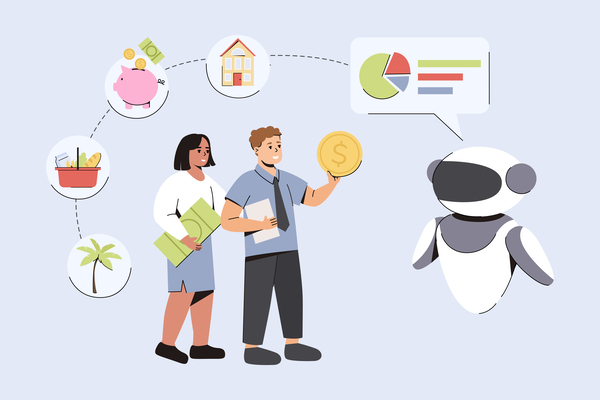
With AI, businesses can deliver highly personalized experiences to their customers, catering to individual preferences and needs. Recommendation systems powered by AI algorithms suggest products, services, and content tailored to each user’s interests and behaviors, enhancing customer satisfaction and engagement. Virtual assistants and chatbots leverage natural language processing (NLP) and machine learning to provide personalized support and assistance round the clock, improving the overall customer experience and fostering brand loyalty.
4. Innovation and Creativity:
AI fuels innovation by enabling breakthroughs in areas such as robotics, autonomous vehicles, and drug discovery. Machine learning algorithms facilitate the development of intelligent systems capable of learning from data and adapting to new challenges, paving the way for advancements in areas previously thought to be beyond the realm of machines. Creativity-enhancing AI tools, such as generative adversarial networks (GANs) and deep learning models, empower artists, designers, and creators to generate novel ideas, designs, and artworks, pushing the boundaries of human creativity.
5. Accessibility and Inclusivity:
AI technologies have the potential to enhance accessibility and inclusivity for individuals with disabilities. Assistive technologies powered by AI, such as speech recognition, text-to-speech synthesis, and computer vision, enable people with visual, auditory, or motor impairments to interact with digital devices and access information more effectively. Furthermore, AI-driven solutions in education, such as personalized learning platforms and intelligent tutoring systems, can cater to diverse learning styles and abilities, promoting inclusive education and equitable access to knowledge.
Disadvantages of Artificial Intelligence:
1. Job Displacement and Economic Disruption:
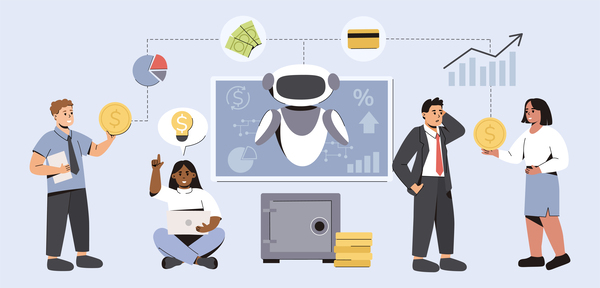
As AI automation accelerates, there is growing concern about the displacement of human workers across various industries. Routine tasks that were once performed by humans are increasingly being automated, leading to job loss and economic disruption for workers in affected sectors. Moreover, the rise of AI-driven technologies such as autonomous vehicles and automated manufacturing systems raises questions about the future of work and the need for reskilling and workforce adaptation to thrive in the AI-driven economy.
2. Bias and Fairness Issues:
AI systems are susceptible to bias and discrimination, reflecting the biases present in the data used to train them. Biased algorithms can perpetuate and exacerbate existing inequalities, particularly in areas such as hiring, lending, and criminal justice, where AI-based decision-making systems are increasingly being deployed. Addressing bias and ensuring fairness in AI algorithms require careful attention to data collection, model development, and evaluation processes, as well as the implementation of robust safeguards and ethical guidelines to mitigate potential harms.
3. Privacy and Surveillance Concerns:
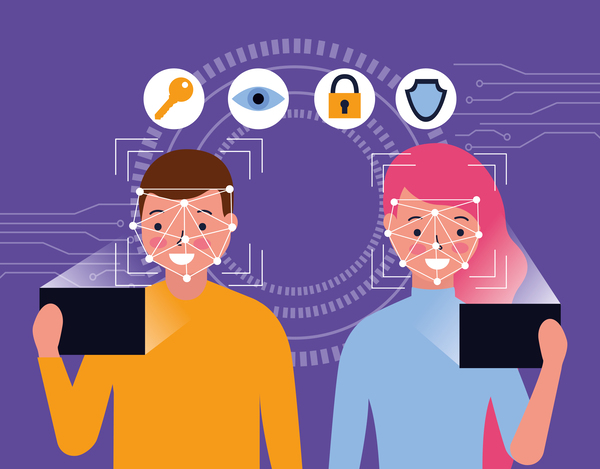
The proliferation of AI-powered surveillance technologies raises significant concerns about privacy and civil liberties. Facial recognition systems, predictive analytics, and social media monitoring tools equipped with AI algorithms enable governments and corporations to track individuals’ movements, behaviors, and preferences on an unprecedented scale. This mass surveillance poses risks to personal privacy, freedom of expression, and democratic principles, necessitating transparent governance frameworks and regulatory oversight to safeguard individuals’ rights and freedoms.
4. Security Risks and Vulnerabilities:
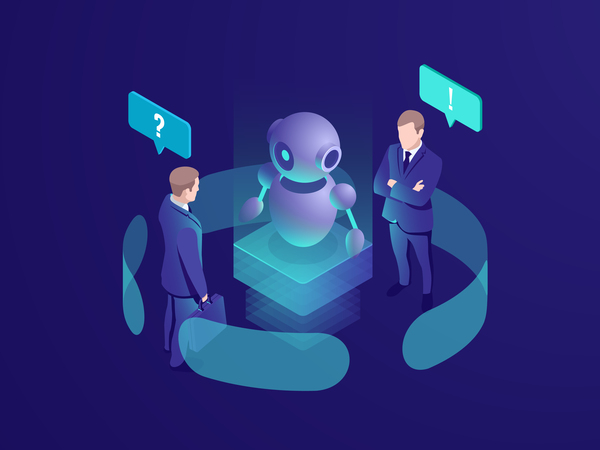
AI systems are susceptible to exploitation and manipulation by malicious actors seeking to undermine their integrity and security. Adversarial attacks, data poisoning, and algorithmic manipulation pose significant risks to AI-powered systems, compromising their reliability and trustworthiness. Moreover, the growing reliance on AI for critical applications such as autonomous vehicles and healthcare raises concerns about the potential consequences of system failures or malicious interference, highlighting the need for robust cybersecurity measures and resilience strategies to mitigate these risks.
5. Ethical and Societal Implications:
AI raises complex ethical dilemmas and societal challenges that require careful consideration and deliberation. Issues such as autonomous weapons, algorithmic accountability, and the impact of AI on human cognition and behavior raise profound questions about morality, responsibility, and the future of humanity. Ensuring that AI technologies are developed and deployed in ways that uphold ethical principles, respect human rights, and promote the common good requires interdisciplinary collaboration, stakeholder engagement, and ongoing dialogue among policymakers, technologists, and civil society.
Conclusion:
Artificial Intelligence holds immense promise for advancing human progress and addressing some of the most pressing challenges facing society. However, realizing the full potential of AI requires a nuanced understanding of its advantages and disadvantages, as well as proactive measures to mitigate risks and maximize benefits. By fostering responsible innovation, ethical stewardship, and inclusive governance, we can harness the power of AI to create a more equitable, sustainable, and humane future for all.
A Visual Tour of Pros and Cons of Artificial Intelligence:
FAQs:
AI refers to the simulation of human intelligence in machines programmed to mimic cognitive functions such as learning and problem-solving.
AI systems process large amounts of data using algorithms to identify patterns and make decisions, often improving their performance over time through machine learning.
Advantages include increased efficiency, accuracy, productivity, and the ability to perform tasks that may be dangerous or impractical for humans.
Disadvantages include job displacement, ethical concerns regarding decision-making, potential biases in algorithms, and the risk of misuse or unintended consequences.
AI is used in various fields such as healthcare (diagnosis and treatment planning), finance (fraud detection), transportation (autonomous vehicles), and customer service (chatbots).
While AI can automate many tasks, it is unlikely to fully replace human workers. Instead, it may augment human capabilities and lead to the creation of new types of jobs.
AI raises concerns about privacy due to its ability to collect, analyze, and interpret vast amounts of personal data. There are ongoing debates about the balance between innovation and privacy rights.
Risks include the potential for AI systems to malfunction or make incorrect decisions, cybersecurity threats, and the exacerbation of societal inequalities if not deployed responsibly.
Bias can be mitigated through careful design, diverse and representative datasets, transparency in algorithms, and ongoing monitoring and evaluation.
The future of artificial intelligence holds promise for continued advancements in areas such as healthcare, education, and sustainability, while also requiring careful consideration of ethical, legal, and societal implications.






